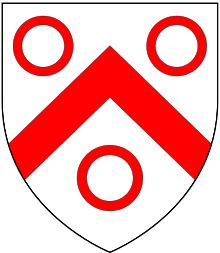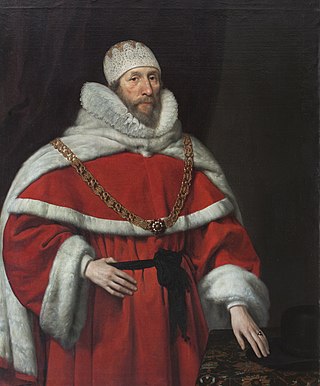
Sir Henry Hobart, 1st Baronet, of Blickling Hall, was an English politician who succeeded Sir Edward Coke to become Chief Justice of the Court of Common Pleas.
Sir Anthony Irby was an English politician who sat in the House of Commons at various times between 1628 and 1682.
Sir John Fenwick, 1st Baronet of Wallington and Fenwick, Northumberland, was an English landowner and politician who sat in the House of Commons at various times between 1624 and 1648. He supported the Parliamentary cause in the Civil War.

Sir Roger Townshend, 1st Baronet, was an English landowner and politician who sat in the House of Commons in two parliaments between 1621 and 1629.
Sir William Armine, 1st Baronet was an English politician who sat in the House of Commons at various times between 1621 and 1651. He supported the Parliamentary cause in the English Civil War.
Sir Charles Wolseley, 2nd Baronet, of Wolseley in Staffordshire, was an English politician who sat in the House of Commons at various times between 1653 and 1660. He held high office during the Commonwealth.

There have been two baronetcies created for persons with the surname Goring, both in the Baronetage of England. The second creation came into the family through a special remainder in the patent creating the baronetcy. Only the latter creation is extant as of 2008.
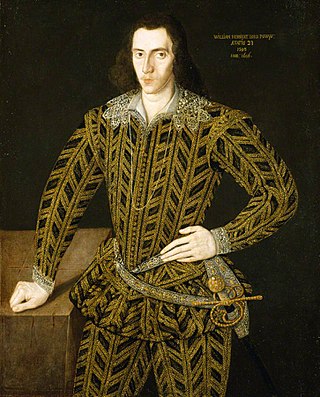
William Herbert, 1st Baron Powis KB was a Welsh politician who sat in the House of Commons at various times between 1597 and 1629.
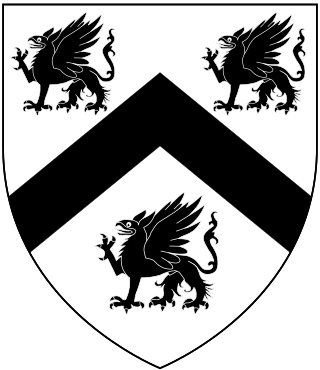
Thomas Finch, 2nd Earl of Winchilsea was an English peer and Member of Parliament.
Sir John Stapley, 1st Baronet of Patcham (1628–1701) was an English politician who sat in the House of Commons at various times between 1654 and 1679. He was a Royalist who plotted with members of the Sealed Knot to overthrow the Protector Oliver Cromwell and restore Charles II of England to the throne, but when questioned by Cromwellians he disclosed the plot and betrayed the other members. After the Restoration, he was created a baronet on 28 July 1660.
Sir Henry Goring, 2nd Baronet was an English barrister and politician.
Sir John Pelham, 3rd Baronet (1623–1703) was an English landowner and Member of Parliament who sat in the Commons between 1645 and 1698.

Edward Fraunceys was an English politician who sat in the House of Commons at various times between 1597 and 1626. His career was hampered by his marriage into an openly recusant family.
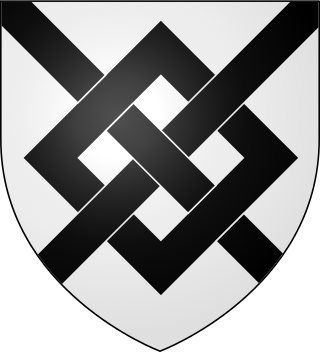
Sir Lionel Tollemache, 2nd Baronet PC, of Helmingham Hall in Suffolk, was twice elected as a Member of Parliament for Orford in Suffolk, in 1621 and 1628. He had a considerable reputation as a surgeon, but is said to have made many enemies due to his "immoderate temper".

Sir Edward Giles (1566–1637) of Bowden House, Ashprington, near Totnes, Devon, was an English politician who sat in the House of Commons at various times between 1597 and 1629.
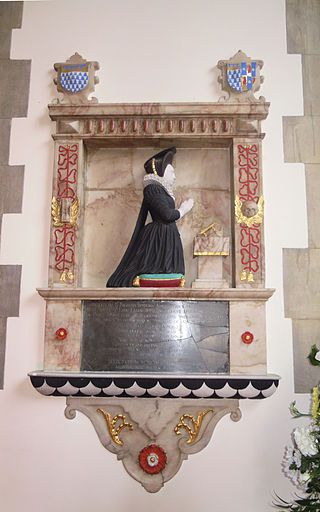
Sir Richard Tichborne, 2nd Baronet was an English politician who sat in the House of Commons from 1597. He was a Royalist commander in the English Civil War.
Thomas Fairfax, 1st Viscount Fairfax of Emley JP was an English landowner and politician who sat in the House of Commons at various times between 1601 and 1626. He was created Viscount Fairfax in the Peerage of Ireland in 1629. He "erected a mansion on Bishophill (York) early in Elizabeth's reign".
Nicholas Eversfield (c.1584–1629) was an English landowner and politician who sat in the House of Commons between 1624 and 1629.
Sir Thomas Hatton, 2nd Baronet was an English politician who sat in the House of Commons from 1674 to 1679.
Sir Thomas Hewett, 1st Baronet was an English landowner of the Civil War period, who briefly sat in Parliament for Windsor. He made his home at Pishiobury, which he bought in 1635.
